Texas Governor Greg Abbott on Tuesday ordered an immediate halt to construction on a sprawling 402-acre residential development spearheaded by the East Plano Islamic Center (EPIC), citing alleged violations of state permitting laws. The decision, announced in coordination with the Texas Commission on Environmental Quality (TCEQ), has touched off a broader political and cultural firestorm—one that reaches far beyond the technicalities of environmental compliance and into the contested terrain of religious freedom, local governance, and identity.
Informally dubbed “EPIC City,” the planned development aimed to establish a self-sustaining Muslim neighborhood—complete with over 1,000 homes, a mosque, an Islamic school, a college, and mixed-use commercial facilities. Backed by EPIC and its development partner, Community Capital Partners, the project’s proponents described it as an attempt to harmonize faith, family life, and civic contribution—within the legal and cultural framework of American pluralism.
State officials, however, allege that construction began before requisite environmental and construction permits had been secured. According to a formal notice issued by the TCEQ, EPIC must provide written confirmation within seven days that all activity has ceased or face potential legal consequences.
“The group behind the proposed EPIC compound did not submit the required permits to begin construction,” Abbott said in a statement. “They must confirm within seven days that they are immediately ceasing any construction of their illegal project or face the full weight of the law.”
But Abbott’s remarks extended well beyond regulatory enforcement. In comments that appeared calibrated to tap into longstanding anxieties over cultural integration and Islamic identity in the United States, the governor invoked the specter of “Sharia law” and so-called “no-go zones”—a trope popularized by anti-Muslim commentators but widely discredited by mainstream legal scholars and civil rights groups.
“To be clear, Sharia law is not allowed in Texas,” Abbott declared, referencing a 2017 state statute that bars enforcement of foreign legal systems. “Nor are Sharia cities. Nor are ‘no-go zones,’ which this project seems to imply.”
For critics, such language reflects less a concern for legal process than a pattern of politicized suspicion directed at Muslim communities. Dan Cogdell, an attorney representing EPIC, cast the state’s actions as a form of selective enforcement.
“EPIC City is a thoughtful community designed for families, just like hundreds of others in Texas,” he said. “The only reason it is being unfairly targeted is because there is a mosque in the plans instead of a church or a temple.”
Yasir Qadhi, a resident scholar at EPIC, pushed back on claims that the development sought isolation or legal exceptionalism.
“We’re going to be giving back to this state and this country, and we’re going to be showing what it means to be a Muslim neighborhood,” he told Newsweek. “This is about integration, not separation.”
The broader Muslim community responded with a mixture of dismay and defiance. William White, director of the Houston chapter of the Council on American-Islamic Relations and a sixth-generation Texan, described the governor’s remarks as exclusionary.
“To me, it reads that I’m not welcome here,” he said.
While the project remains under investigation for possible environmental violations, the political and cultural stakes have clearly escalated. Whether EPIC City will be remembered as a planning controversy or a flashpoint in the ongoing debate over religious liberty and American identity may depend less on permits than on precedent.
[Read More: Disney Being Investigated]

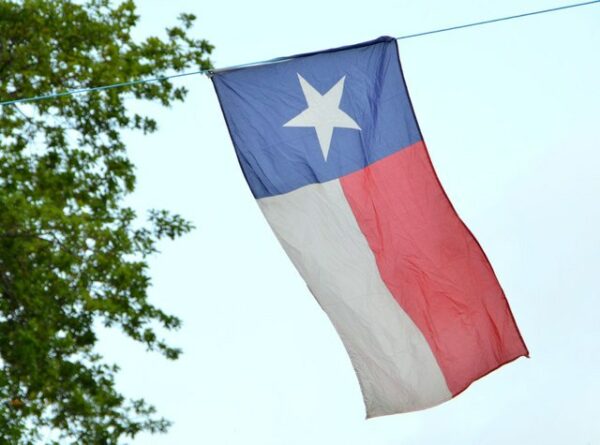
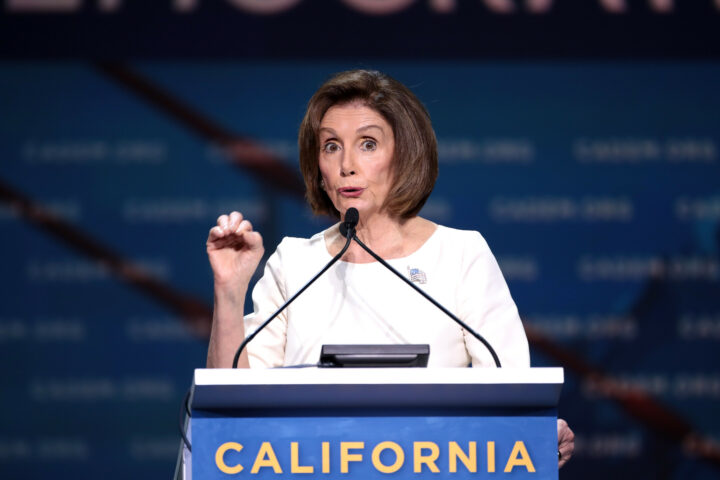


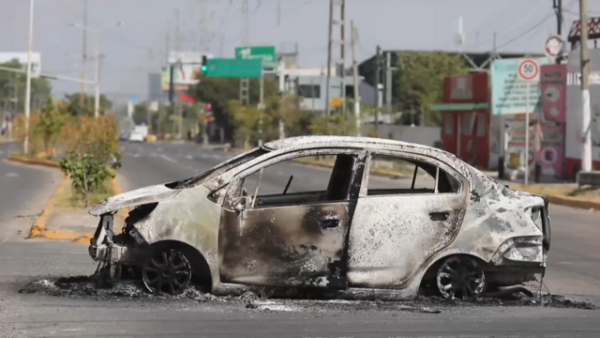

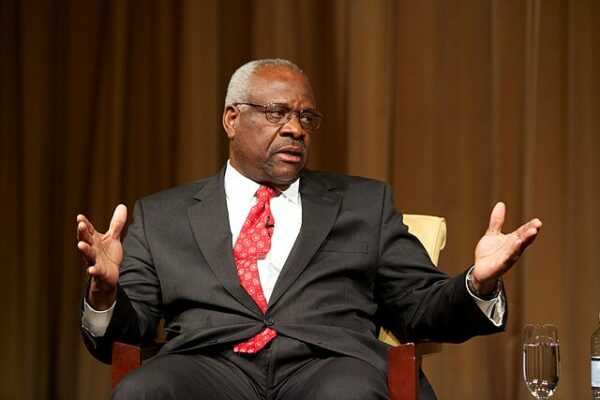


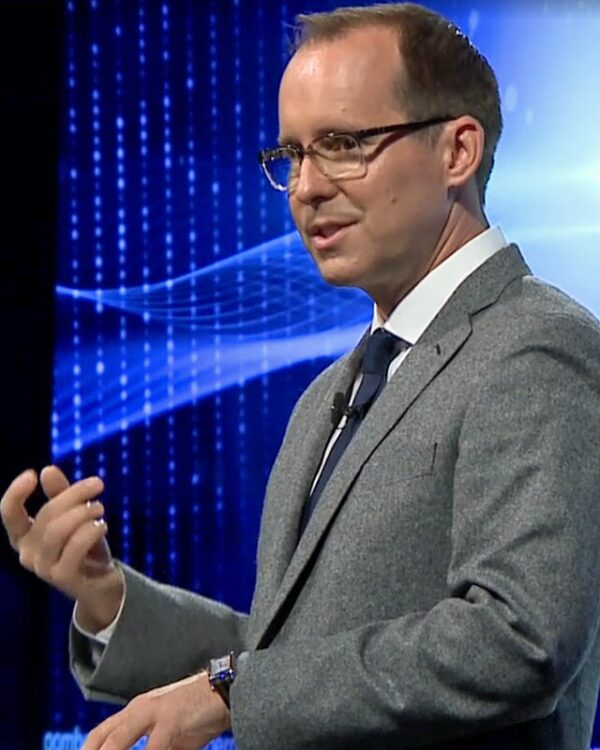
Why here & not MN???
Yeah Minn. – we see what the liberals allowed up there.. If these people do not want to live under the Constitution as the “Supreme Law” of the land, then leave.. Anyone coming into our country is suppose to have studied and learn our laws and then swear to uphold those laws – the Constitution.. The Marxists just pumped these Muslims into our country without following the Constitution..
Victory TX Hooray